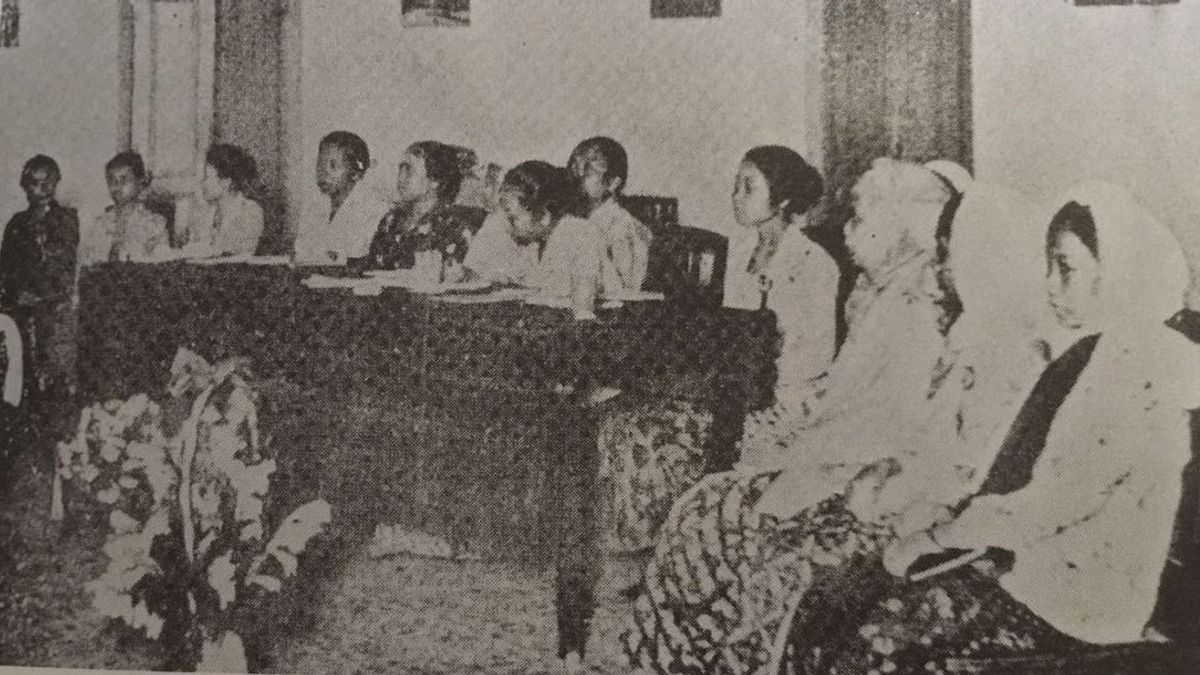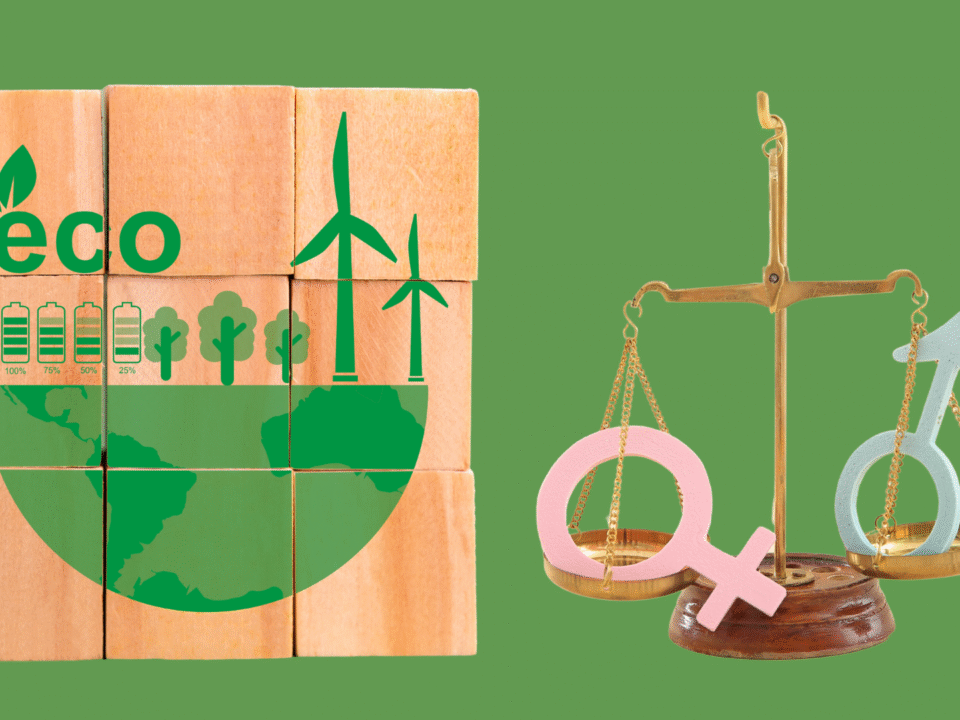
Redefining Support: How Employers Can Empower Working Fathers
November 29, 2024
Leaders Who Care About Reproductive Health: Creating an Equitable, Inclusive, and Productive Workplace
January 15, 2025Last Mother’s Day, a deeper reflection revealed a historical truth I had only recently discovered: the day isn’t merely a celebration of motherhood but a commemoration of Indonesia’s women’s movement. Rooted in the 1928 Women’s Congress, Hari Ibu (Mother’s Day) was a beacon for women’s rights and equality. Yet, over the years, it has been co-opted to reinforce traditional gender roles, particularly the notion of “ibuisme” or the overemphasis on a woman’s role as a mother.
The concept of “ibuisme” has significantly constrained women’s roles and aspirations in Indonesia. By confining women to the domestic sphere and emphasizing their reproductive roles, this ideology has limited their participation in public life and economic activities. The celebration of Hari Ibu has often reinforced these traditional gender roles, inadvertently sidelining the broader struggle for women’s empowerment.
During the New Order regime, these limitations were further exacerbated. The government’s emphasis on family planning and the promotion of traditional gender roles meant that women were expected to prioritize their families over their careers. This not only limited women’s economic opportunities but also reinforced the idea that a woman’s primary value lies in her role as a wife and mother.
The economic implications of these gender roles are profound. When women are confined to domestic roles, they are denied opportunities to participate in the formal economy and earn a stable income. This can lead to economic dependence on men and limit women’s ability to make independent decisions about their lives.
Moreover, the devaluation of women’s work within the household means that their contributions to the economy are often overlooked. Unpaid care work, such as child rearing and elder care, is essential for the functioning of society but is rarely recognized or valued.
Economic empowerment is a critical component of gender equality. When women have the means to support themselves and their families, they are more likely to have a voice in household decisions and to participate in their communities. Economic empowerment also helps to challenge traditional gender norms and create a more equitable society.
To achieve greater gender equality in Indonesia, it is essential to address the underlying causes of women’s economic inequality. Here’s what we can do:
- Challenge gender stereotypes: Let’s actively dismantle harmful stereotypes that limit women’s career aspirations.
- Invest in women’s leadership: Create pathways for women to advance into leadership positions and break the glass ceiling.
- Promote flexible work arrangements: Support policies that allow women to balance work and family responsibilities, such as flexible work hours and parental leave.
- Champion equal pay: Ensure that women receive equal pay for equal work.
While Hari Ibu is a significant day in Indonesia’s history, it is important to recognize that the struggle for women’s rights is far from over. By understanding the historical context of Hari Ibu and the challenges faced by women in Indonesia, we can work towards a future where all women have the opportunity to reach their full potential. It is time to move beyond the narrow confines of “ibuisme” and embrace a more inclusive and equitable vision of womanhood.
Written by Rosa Vania, Digital Strategist
References:
https://tirto.id/bagaimana-orde-baru-mereduksi-peran-kaum-ibu-cBXR
https://tirto.id/kongres-perempuan-indonesia-menginspirasi-lahirnya-hari-ibu-caDT
https://historia.id/politik/articles/perempuan-kembali-menghadapi-domestifikasi-DWeR1/page/2
https://www.thejakartapost.com/news/2012/01/08/state-ibuism-not-dead-it-s-not-even-past.html
https://commons.wikimedia.org/wiki/Category:Kongres_Perempuan_Indonesia
The First Indonesian Women’s Congress of 1928 (Photo: Wikimedia Commons)





